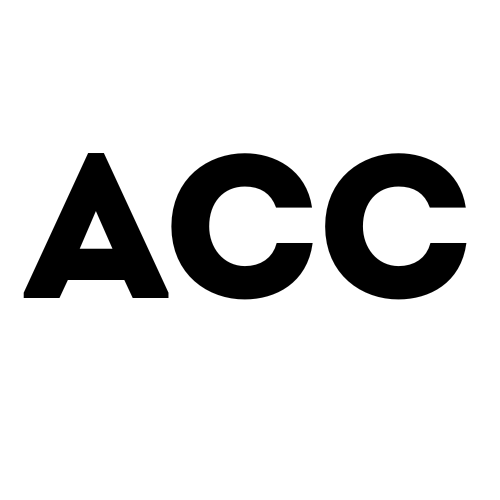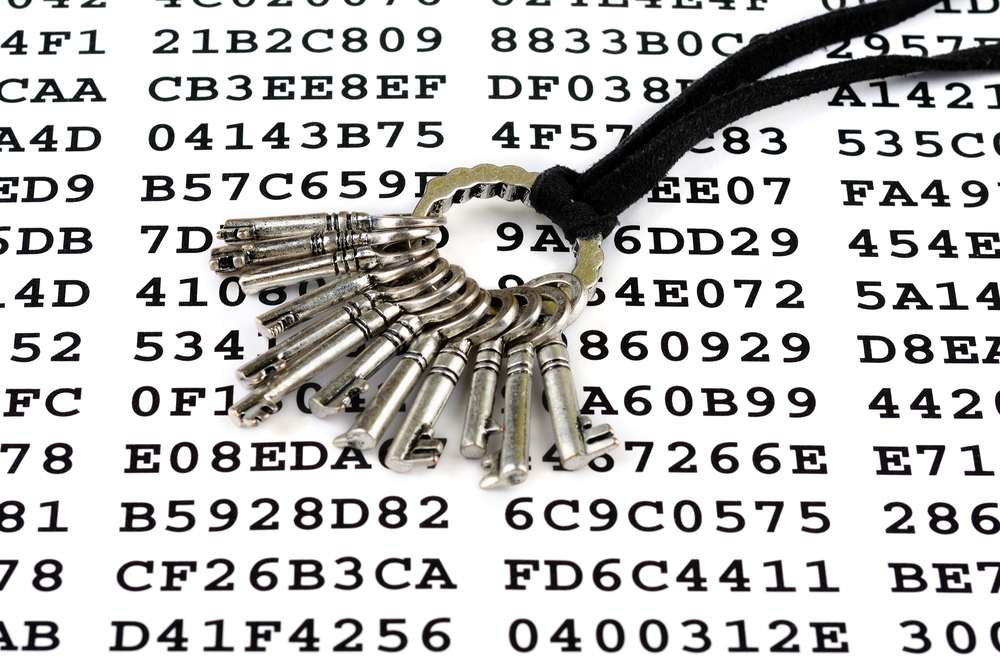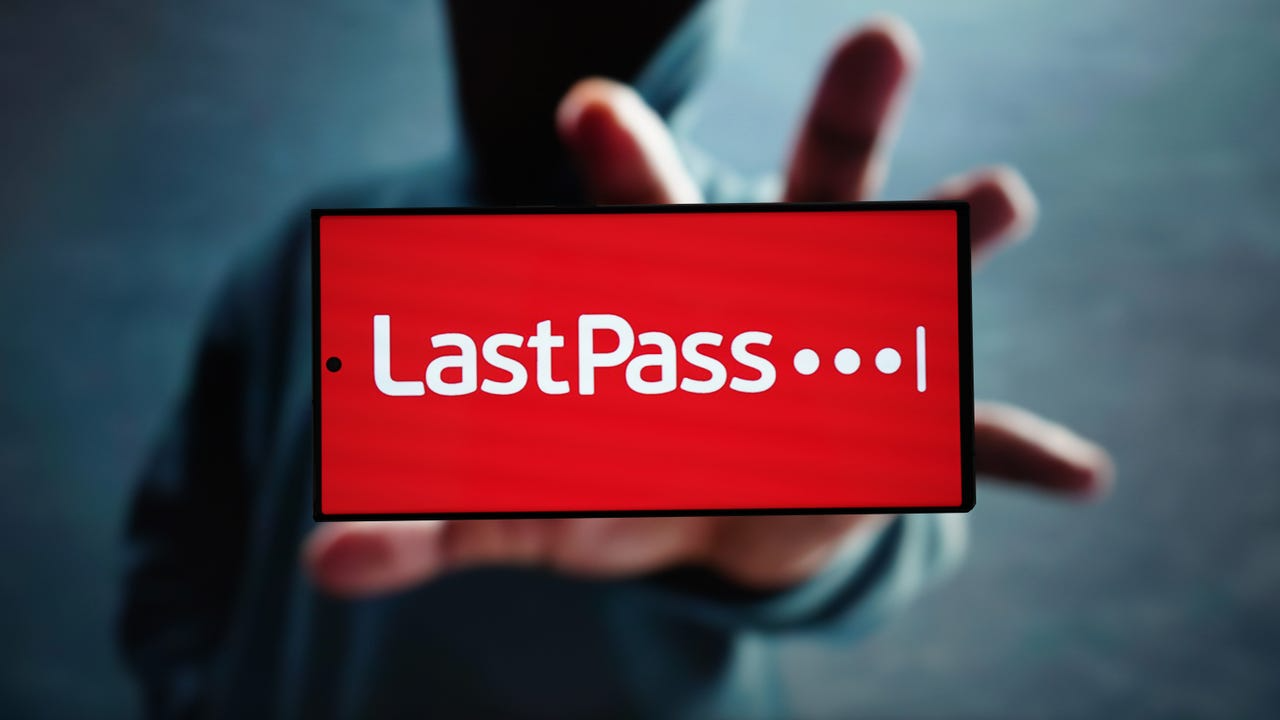In the era of heightened data security and privacy, Zero-Knowledge Proof (ZKP) stands out as one of the most innovative cryptographic concepts. It offers a way to prove the validity of information without revealing the actual data itself, which is crucial for privacy-preserving technologies. Zero-Knowledge Proofs have vast applications, from securing online transactions to protecting user identities on blockchain platforms. This article will explain what Zero-Knowledge Proofs are, the principles behind them, how they work, and their real-world applications.
What is Zero-Knowledge Proof?
Zero-Knowledge Proof is a cryptographic protocol that allows one party (the prover) to prove to another party (the verifier) that they know a certain piece of information without disclosing the information itself. The concept was first introduced by computer scientists Shafi Goldwasser, Silvio Micali, and Charles Rackoff in 1985. Zero-Knowledge Proof has since evolved into a key concept in cryptography, with applications in various fields that require secure and private verification.
Key Characteristics of Zero-Knowledge Proof:
- Completeness: If the statement is true, an honest prover can convince an honest verifier.
- Soundness: If the statement is false, no dishonest prover can convince the verifier that it is true, except with a very low probability.
- Zero-Knowledge: If the statement is true, the verifier learns nothing about the actual information besides the fact that the prover knows it.
In simpler terms, Zero-Knowledge Proof allows you to “prove” knowledge without “showing” it, maintaining a high level of privacy and security.
How Does Zero-Knowledge Proof Work?
To understand how Zero-Knowledge Proof works, let’s look at its two primary types: Interactive Zero-Knowledge Proof and Non-Interactive Zero-Knowledge Proof.
1. Interactive Zero-Knowledge Proof
In an Interactive Zero-Knowledge Proof, the prover and the verifier engage in a series of interactions. This interaction involves multiple steps that collectively prove the prover’s knowledge of a specific secret without actually revealing it.
Let’s illustrate this with a popular analogy known as the “Ali Baba Cave” scenario:
- Imagine a circular cave with two paths, Path A and Path B, that meet at the entrance but have a dead end at the opposite side. The only way between these paths without going back to the entrance is through a secret door.
- The prover (Alice) wants to prove to the verifier (Bob) that she knows the secret to unlock the door between Path A and Path B without revealing the secret.
- Alice enters the cave and chooses a random path. Bob waits outside the cave, and after Alice enters, he chooses a path at random and asks her to return from that path.
- If Alice knows the secret, she can switch paths by unlocking the door when required. If she doesn’t know the secret, there’s a 50% chance she’ll be on the wrong path, thus failing the proof.
- By repeating this process multiple times, Bob becomes convinced that Alice knows the secret, as her success rate would be statistically improbable otherwise.
This process of interaction builds the trust between the prover and verifier without ever revealing the actual secret (the key to the door in this case).
2. Non-Interactive Zero-Knowledge Proof
In contrast, Non-Interactive Zero-Knowledge Proof (NIZKP) allows the prover to generate proof without requiring interaction with the verifier. This type is often used in blockchain and cryptographic applications because it’s faster and more efficient for systems where interactions between prover and verifier are impractical.
Non-Interactive Zero-Knowledge Proofs rely on mathematical algorithms and often make use of cryptographic hash functions. A commonly used approach in this type is the ZK-SNARK (Zero-Knowledge Succinct Non-Interactive Argument of Knowledge). ZK-SNARKs have become essential in blockchain for validating transactions without revealing transaction details.
Types of Zero-Knowledge Proofs
Apart from Interactive and Non-Interactive ZKP, there are specific approaches within Zero-Knowledge Proofs:
- ZK-SNARKs (Zero-Knowledge Succinct Non-Interactive Argument of Knowledge): ZK-SNARKs enable short, efficient proofs and are widely used in blockchain for maintaining privacy in transactions.
- ZK-STARKs (Zero-Knowledge Scalable Transparent Argument of Knowledge): A newer type of ZKP, ZK-STARKs are designed to be faster and more scalable than ZK-SNARKs, especially in cases with high transaction volumes.
- ZKP with Homomorphic Encryption: This method combines ZKP with homomorphic encryption, allowing computations on encrypted data without revealing the data itself. It’s used in sensitive data processing environments like healthcare and finance.
Applications of Zero-Knowledge Proof
Zero-Knowledge Proof is an extremely versatile technology, with applications across many sectors. Below are some of the prominent uses of ZKP:
1. Blockchain and Cryptocurrencies
Blockchain technology, by nature, is transparent, which raises concerns for privacy in financial transactions. Zero-Knowledge Proofs provide a solution by allowing users to prove transaction validity without revealing transaction details. For example, Zcash, a cryptocurrency focused on privacy, uses ZK-SNARKs to ensure that transaction details (such as the sender, receiver, and transaction amount) remain confidential while maintaining the legitimacy of the transaction.
2. Authentication and Identity Verification
ZKP can be applied to secure login systems, where a user can prove they know a password or possess a key without revealing the actual password or key. This application improves security, as even if communication is intercepted, sensitive information remains undisclosed. Zero-Knowledge Proof-based authentication is particularly valuable in protecting users against phishing and other types of cyberattacks.
3. Privacy-Preserving Data Sharing
In sectors such as healthcare, Zero-Knowledge Proof allows patients to prove they meet certain medical criteria without disclosing sensitive medical data. For example, a patient could use ZKP to prove they have insurance coverage for a specific procedure without revealing other personal health information. This approach is crucial for privacy regulations, such as the GDPR, which requires stringent data privacy measures.
4. Secure Voting Systems
With electronic voting, Zero-Knowledge Proofs enable voters to prove their eligibility and submit votes without revealing their identities or voting choices. This ensures the integrity of the voting process, making ZKP a powerful tool for creating transparent yet private voting mechanisms.
5. Financial Transactions
Banks and financial institutions can use Zero-Knowledge Proofs to validate customer transactions without exposing sensitive data, enhancing security in credit checks, loan applications, and anti-money laundering protocols. By using ZKP, institutions can comply with regulations while ensuring customers’ privacy is maintained.
Advantages of Zero-Knowledge Proof
- Enhanced Privacy: ZKP provides a mechanism for privacy-preserving data verification.
- Improved Security: By not revealing sensitive information, ZKP reduces the risk of data breaches.
- Compliance with Regulations: ZKP supports regulatory compliance by protecting personal and financial data, aligning with global privacy laws.
- Efficiency in Verification: With protocols like ZK-SNARKs, Zero-Knowledge Proofs offer a faster, more efficient way to verify information.
Challenges and Limitations of Zero-Knowledge Proof
While ZKP offers substantial benefits, it also faces several challenges:
- Computational Complexity: Zero-Knowledge Proof protocols, especially non-interactive ones, can be computationally intensive, requiring significant resources.
- Scalability: As transaction volumes grow, ZKP methods may struggle to scale efficiently, especially in high-frequency applications like blockchain.
- Implementation Costs: Implementing ZKP solutions can be costly and complex, as they require advanced cryptographic expertise.
Despite these challenges, ongoing research in ZKP protocols, such as advancements in ZK-STARKs, is making Zero-Knowledge Proof more accessible and scalable.
Conclusion
Zero-Knowledge Proof represents a breakthrough in cryptographic technology, enabling secure and private data verification across multiple sectors. By allowing one party to prove knowledge of information without revealing the information itself, ZKP opens up possibilities for privacy-preserving applications in blockchain, finance, healthcare, and beyond. Although still evolving, Zero-Knowledge Proofs offer a glimpse into a future where data privacy and security are harmoniously balanced.

A.k.a – alpha girl. Vinita is the founder of Alphachaincrypto. An English Lit Majors, Vinita bumped into Web3 in 2020 only to realise that tech was her calling. Later, Mathreja worked for some notable brands like Near Education, Biconomy, CoinDCX and top of the line crypto start ups.



